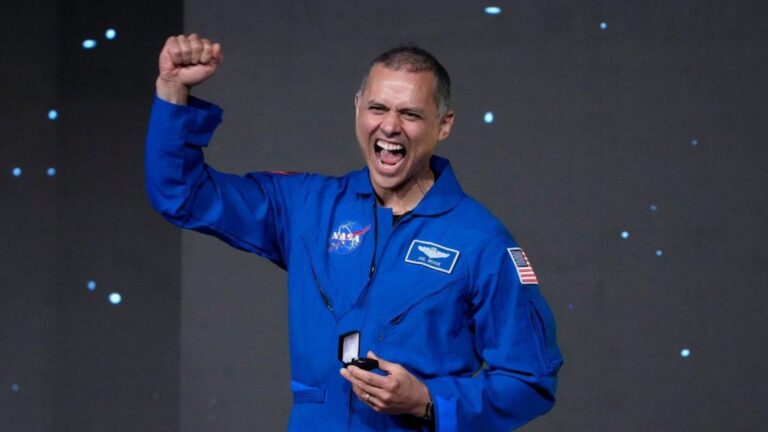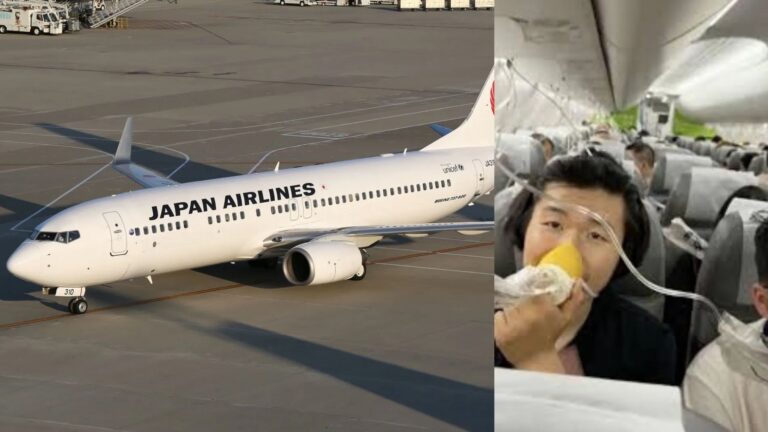
Kelvin Coleman, the head of the Federal Aviation Administration’s (FAA) Office of Commercial Space Transportation (AST), is stepping down as part of a workforce reduction initiative at the Department of Transportation (DOT), which oversees the FAA. The FAA confirmed Coleman’s participation in the Deferred Resignation Program in a statement to SpaceNews, following an initial report by Reuters.
The Deferred Resignation Program, reopened earlier this month, offers employees the opportunity to resign or retire voluntarily while continuing to receive pay through the end of the fiscal year. This effort aims to trim the agency’s workforce in a structured and gradual manner. “The agency is working with employees who accepted the offer to transition their work and complete the offboarding process,” an FAA spokesperson said.
Coleman has played a critical role in overseeing the rapid expansion of commercial space operations since he became AST’s deputy associate administrator in 2017 and later its head in 2022. During his tenure, commercial launch activity surged dramatically, from 23 FAA-licensed launches in 2017 to 157 projected launches in 2024.
The rise in commercial spaceflight has put considerable pressure on AST, prompting efforts to bolster staffing and streamline licensing processes. In 2021, the FAA introduced new launch and reentry regulations under Part 450 to modernize licensing. However, the rollout of these regulations faced criticism from industry stakeholders, leading the FAA to establish the Aerospace Rulemaking Committee (SpARC) to gather industry feedback and recommend improvements. SpARC is expected to complete its work by July.
Despite these efforts, concerns remain. During the Commercial Space Conference in February, congressional leaders, including Rep. Brian Babin (R-Texas) and Rep. Zoe Lofgren (D-Calif.), raised issues regarding the pace of licensing under Part 450 and requested a Government Accountability Office review.
Industry insiders have expressed private concerns that the departure of Coleman and potentially other senior AST officials could worsen existing workforce challenges. Nevertheless, the FAA reassured stakeholders, stating that personnel with “safety-critical functions” were not eligible for the buyout and that leadership succession plans are in place. “We have a deep reserve of experienced talent, and we ensure orderly transitions by continuously training people to move up and assume leadership roles,” the agency said.
Coleman’s exit marks a pivotal moment for the FAA’s commercial space office as it navigates an increasingly crowded and complex spaceflight environment.






